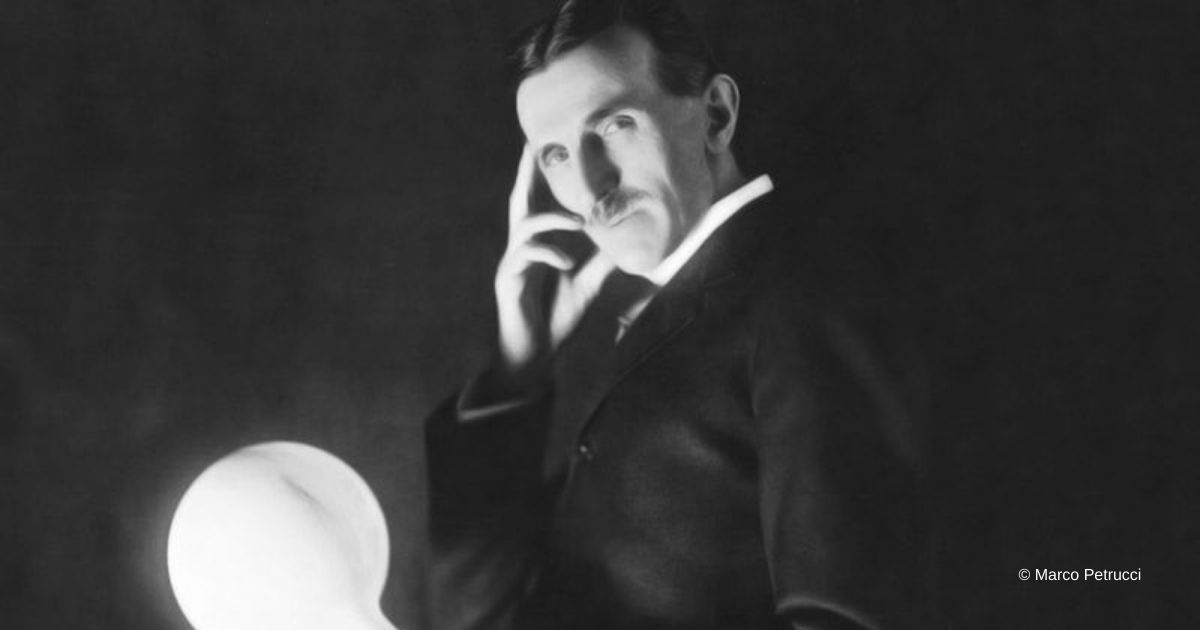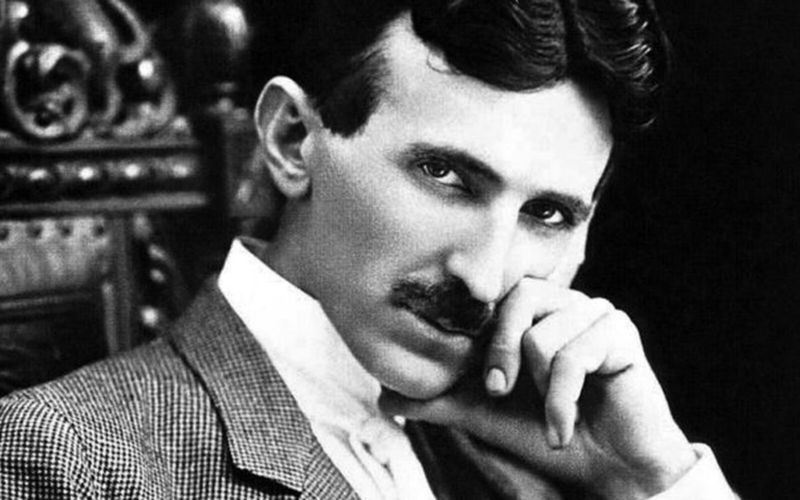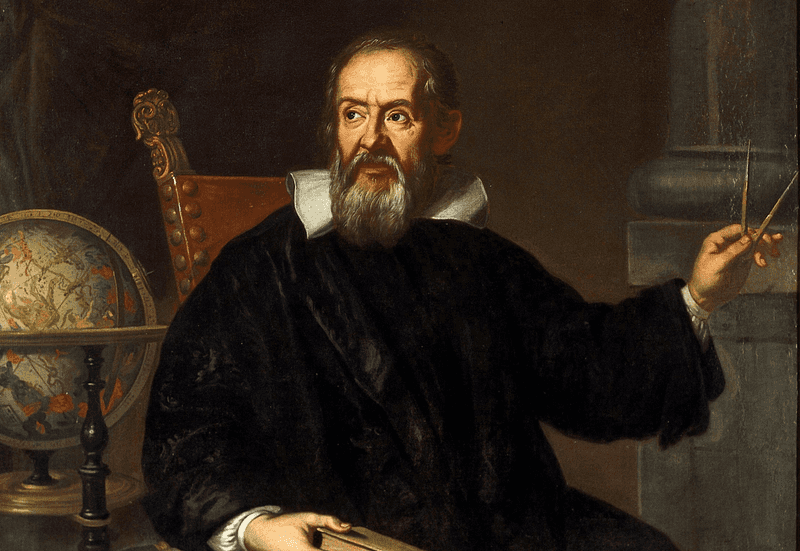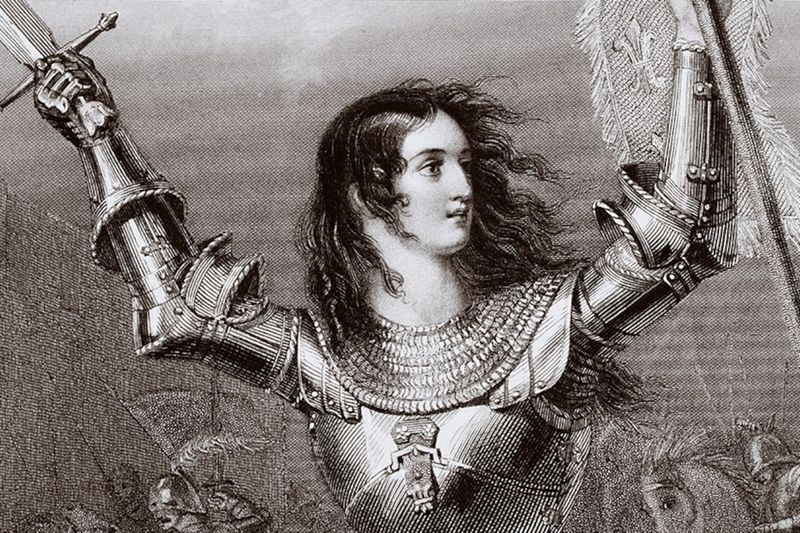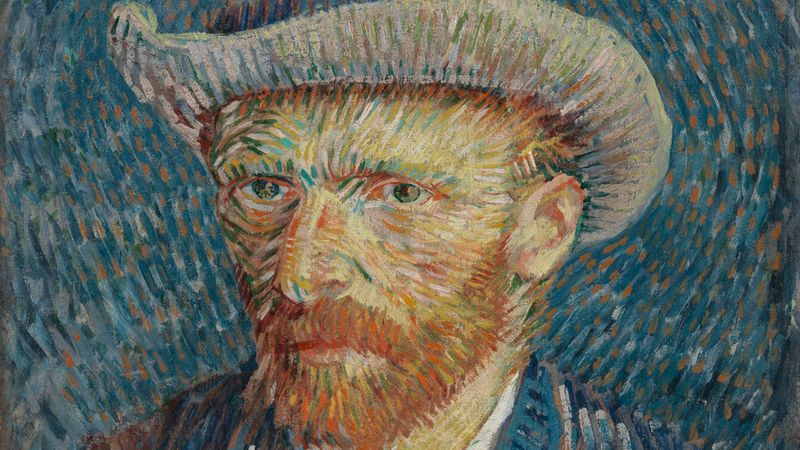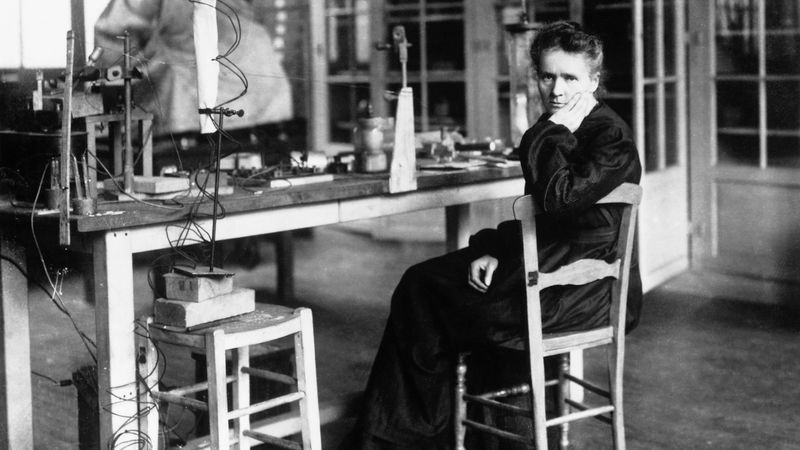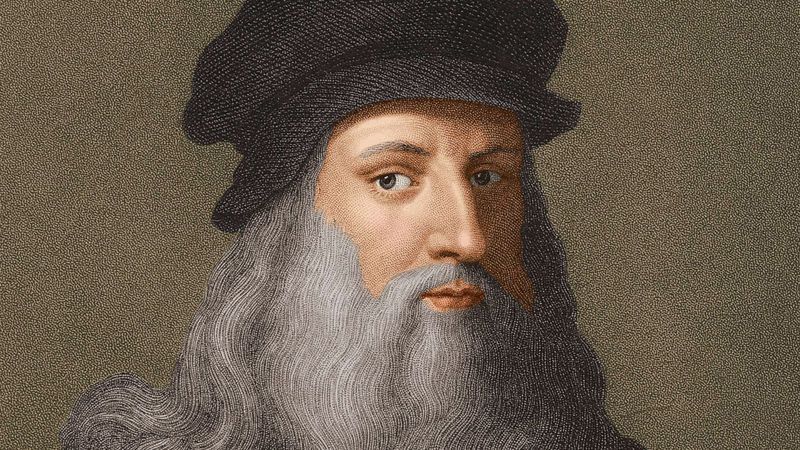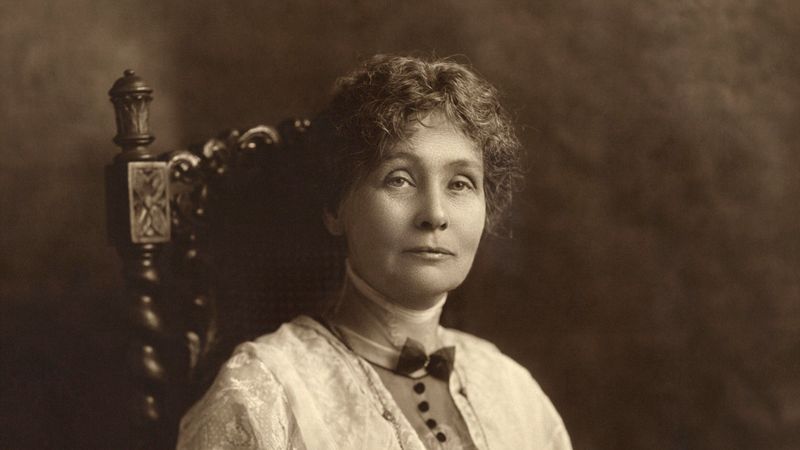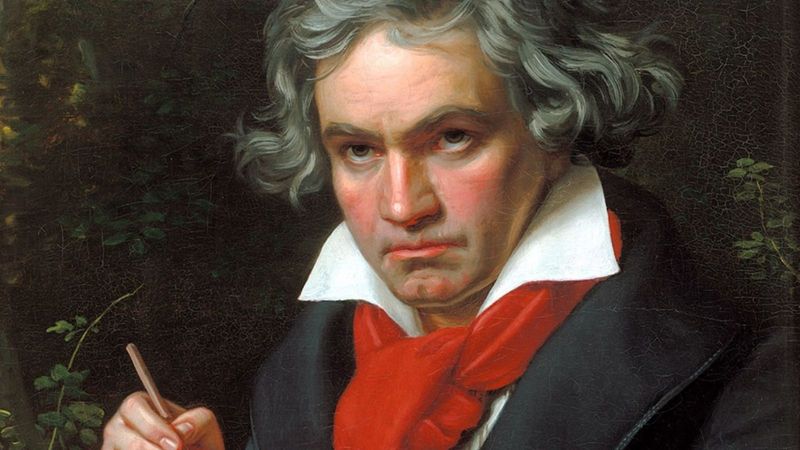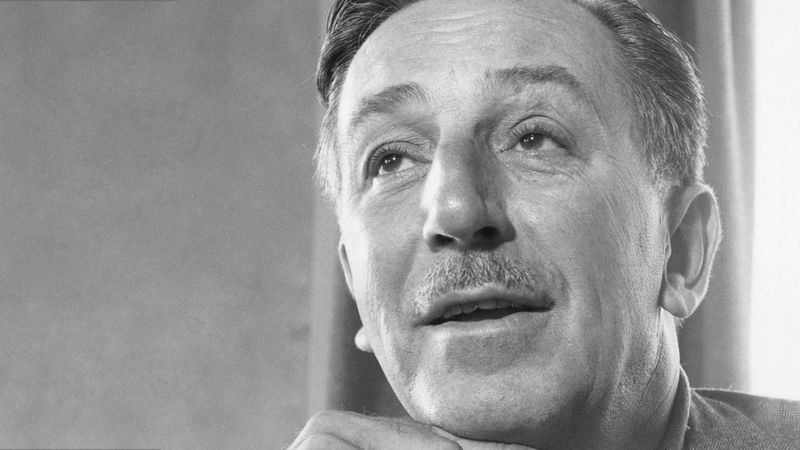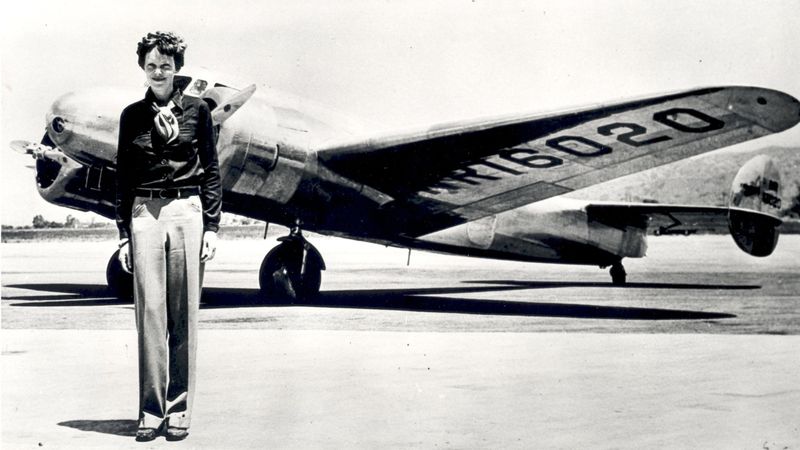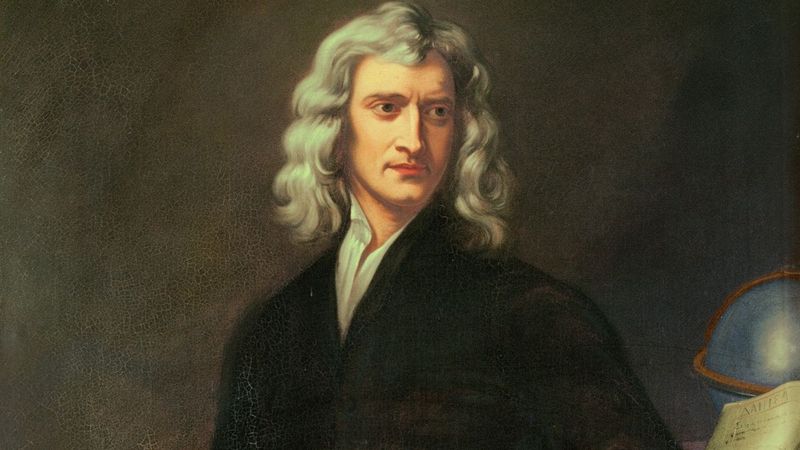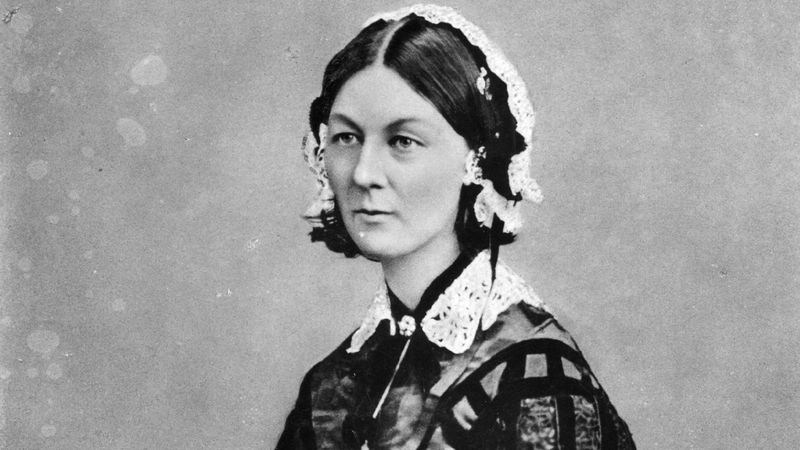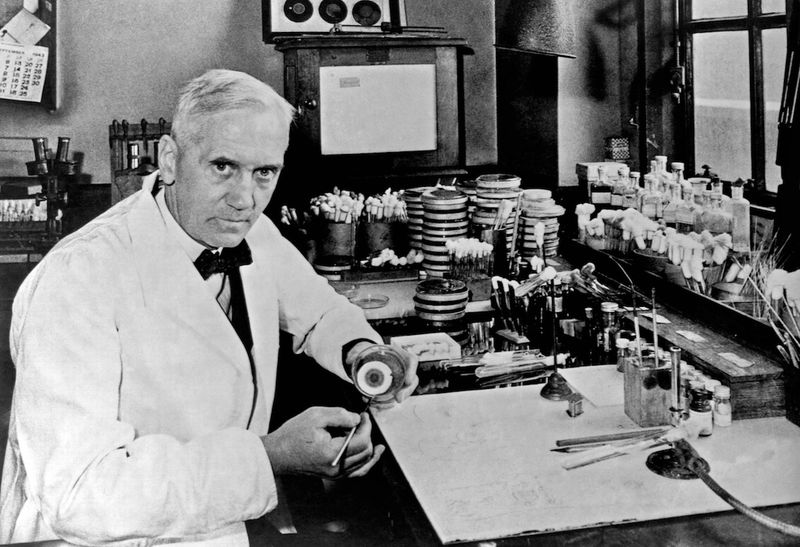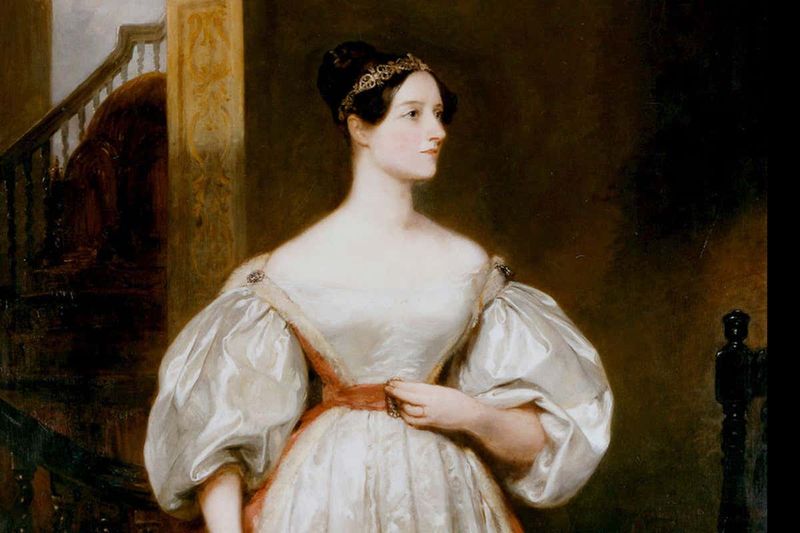Throughout history, many individuals have been labeled as ‘crazy’ for their unconventional ideas or actions. However, these very people have often paved the way for groundbreaking changes and advancements.
This blog post delves into 19 such historical figures whose radical thinking, though initially met with skepticism, ultimately changed the world in astonishing ways.
1. Nikola Tesla
Nikola Tesla, a Serbian-American inventor, was often dismissed as eccentric due to his obsession with alternating current (AC). In the late 19th century, when direct current (DC) was the standard, Tesla’s promotion of AC was met with skepticism.
Despite the ridicule, Tesla’s AC system eventually became the global standard for electricity transmission, proving his critics wrong. Tesla’s visionary mind extended beyond electricity; he imagined wireless communication, predicting the development of radio and the internet years before their time.
Today, his name is synonymous with innovation and futuristic thinking, inspiring countless technologies that define modern life.
2. Albert Einstein
Albert Einstein, the famed physicist, was initially considered an academic underachiever. His early struggles to secure a teaching position and his unorthodox theories led some to question his sanity.
However, his groundbreaking work in theoretical physics, including the theory of relativity, revolutionized our understanding of space and time. Einstein’s equation, E=mc², has become one of the most famous equations in history, fundamentally changing the field of physics.
Despite early doubts, Einstein’s genius reshaped scientific thought, earning him a Nobel Prize and a legacy as one of the greatest minds of all time.
3. Galileo Galilei
Galileo Galilei, the Italian astronomer, faced enormous opposition for his support of the heliocentric model, which placed the Sun, not the Earth, at the center of the universe.
During a time when the geocentric model was widely accepted, Galileo’s ideas challenged the church’s teachings, leading to his trial and house arrest. Despite this, his work laid the foundation for modern astronomy.
Today, Galileo is celebrated as the “father of observational astronomy,” whose bold ideas forced humanity to reconsider its place in the cosmos, paving the way for future space exploration.
4. Joan of Arc
Joan of Arc, a peasant girl from France, claimed to receive visions instructing her to support Charles VII and drive out the English. Her claims were met with skepticism and hostility, yet she led French troops to several important victories.
Despite her success, Joan was captured and tried for heresy, ultimately being burned at the stake. Her martyrdom only intensified her legacy, leading to her canonization as a saint.
Today, Joan is revered as a symbol of courage and faith, proving that conviction and bravery can lead to extraordinary achievements, even in the face of doubt.
5. Vincent van Gogh
Vincent van Gogh, the Dutch post-impressionist painter, struggled with mental health issues and was often considered mad by his contemporaries. Despite selling only a few paintings in his lifetime, his unique style and emotional depth captivated the art world.
Van Gogh’s work, characterized by bold colors and dramatic, expressive brushwork, has since become incredibly influential. His paintings, like “Starry Night,” are now celebrated masterpieces.
Though his life was filled with turmoil, van Gogh’s legacy endures as a testament to the power of artistic expression and the impact of seeing the world differently.
6. Marie Curie
Marie Curie, a pioneering physicist and chemist, faced significant challenges in a male-dominated field. Her groundbreaking research on radioactivity was initially met with skepticism and disbelief.
Despite these obstacles, Curie became the first woman to win a Nobel Prize and remains the only person to receive Nobel Prizes in two different sciences. Her discoveries led to advances in medical treatment and nuclear energy.
Curie’s perseverance and brilliance broke barriers for women in science, inspiring generations to pursue their passions and change the world through innovation and discovery.
7. Socrates
Socrates, the classical Greek philosopher, was known for his unconventional teaching methods and probing questions. His habit of challenging established norms earned him enemies and accusations of corrupting the youth.
Despite being sentenced to death by poisoning, Socrates’ ideas survived through his students, most notably Plato. His Socratic method remains a foundational element of Western philosophy.
Socrates’ legacy endures as a reminder of the importance of critical thinking and the courage to question authority, encouraging individuals to seek truth and wisdom even in the face of adversity.
8. Leonardo da Vinci
Leonardo da Vinci, the quintessential Renaissance man, was often viewed as a dreamer due to his wide-ranging interests and ideas. From anatomy to aerodynamics, his notebooks were filled with concepts centuries ahead of their time.
Though many of his inventions were never realized, da Vinci’s studies of the natural world and human anatomy laid the groundwork for numerous scientific advancements.
Today, Leonardo is celebrated for his artistic masterpieces and visionary ideas, exemplifying the power of imagination and interdisciplinary learning in shaping our understanding of the world.
9. Emmeline Pankhurst
Emmeline Pankhurst, a leading figure in the British suffragette movement, was often labeled as radical for her militant tactics advocating women’s voting rights. Her commitment to the cause saw her repeatedly imprisoned.
Despite criticism, Pankhurst’s fervor galvanized public support and led to significant legislative changes, ultimately achieving women’s suffrage in the UK.
Her tireless dedication to equality and justice highlights the power of activism and the impact of standing firm in one’s beliefs, inspiring future generations to continue the fight for civil rights and gender equity.
10. Ludwig van Beethoven
Ludwig van Beethoven, the renowned composer, faced skepticism due to his intense personality and eventual deafness. Many questioned how he could continue to compose without hearing.
Nevertheless, Beethoven created some of his most celebrated works during this period, including the Ninth Symphony, which remains a cornerstone of classical music.
His ability to transcend personal challenges and redefine musical boundaries illustrates the transformative power of creativity and resilience, inspiring countless musicians and artists to push their limits and express themselves through art.
11. Walt Disney
Walt Disney, the visionary behind the iconic Disney empire, was once dismissed by critics who believed his ideas were too fanciful. Early failures, including a bankrupt animation studio, did little to deter him.
Disney’s creation of Mickey Mouse and pioneering of feature-length animated films transformed entertainment, establishing a cultural legacy that endures today.
His story exemplifies the importance of perseverance and imagination, proving that dreams can become reality with determination and creativity, inspiring countless dreamers and entrepreneurs worldwide.
12. Amelia Earhart
Amelia Earhart, the pioneering aviator, was often doubted for her ambitious goals and gender in a male-dominated field. Her determination to fly solo across the Atlantic was seen as reckless.
Despite the risks, Earhart achieved this feat, becoming an international symbol of courage and determination. Her disappearance during an around-the-world flight attempt only deepened her legacy.
Earhart’s daring spirit continues to inspire adventurers and advocates for women’s empowerment, reminding us of the power of breaking barriers and pursuing our passions, no matter the obstacles.
13. Isaac Newton
Isaac Newton, the English mathematician and physicist, was perceived as reclusive and eccentric. His groundbreaking work on gravity and motion was initially met with skepticism.
Newton’s publication of “Principia Mathematica” fundamentally altered the course of science, laying the groundwork for classical mechanics and influencing generations of scientists.
His intellectual rigor and innovative thinking highlight the importance of curiosity and perseverance in overcoming doubt, leading to discoveries that continue to shape our understanding of the universe today.
14. Rosa Parks
Rosa Parks, a key figure in the American civil rights movement, was initially underestimated for her quiet demeanor. Her refusal to give up her bus seat in Montgomery, Alabama, sparked a nationwide movement.
Parks’ bold act of defiance became a symbol of resistance against racial segregation, leading to significant social and legislative changes.
Her courage and determination inspire ongoing efforts for equality and justice, reminding us of the power of standing up for one’s beliefs and the impact one person can have on society.
15. Frida Kahlo
Frida Kahlo, the Mexican artist, was often misunderstood due to her surreal and deeply personal art. Her unconventional style and self-expressive works faced criticism in her lifetime.
Kahlo’s paintings, filled with bold colors and symbolic imagery, explored themes of identity, pain, and resilience, resonating with audiences worldwide.
Her legacy as a feminist icon and artistic trailblazer continues to influence artists and activists, celebrating individuality and the courage to express one’s truth through art.
16. Nelson Mandela
Nelson Mandela, the anti-apartheid revolutionary, was once labeled a radical and imprisoned for his activism against racial segregation in South Africa.
Despite 27 years in prison, Mandela emerged as a symbol of reconciliation, leading his country towards democracy and becoming its first Black president.
His enduring legacy of peace and justice inspires global human rights movements, reminding us of the power of forgiveness and resilience in the face of oppression, and the capacity to enact profound societal change.
17. Florence Nightingale
Florence Nightingale, known as “The Lady with the Lamp,” revolutionized nursing during the Crimean War. Her insistence on sanitary conditions and patient care was initially met with skepticism.
Despite resistance, Nightingale’s methods drastically reduced mortality rates and established nursing as a respected profession.
Her pioneering work in healthcare continues to influence medical practices today, highlighting the importance of compassion, diligence, and innovation in improving human well-being and saving countless lives.
18. Alexander Fleming
Alexander Fleming, the Scottish bacteriologist, was considered eccentric for his haphazard laboratory practices. His unexpected discovery of penicillin, however, revolutionized medicine.
Fleming’s work paved the way for antibiotics, transforming the treatment of bacterial infections and saving millions of lives.
His story underscores the value of curiosity and serendipity in scientific breakthroughs, illustrating how unconventional approaches can lead to monumental advances that change the course of history.
19. Ada Lovelace
Ada Lovelace, the 19th-century mathematician, was often dismissed in her time, yet she is now recognized as the first computer programmer.
Her visionary work on Charles Babbage’s Analytical Engine laid the groundwork for modern computing, foreseeing applications beyond mere calculation.
Lovelace’s contributions challenge gender norms and inspire women in STEM fields, exemplifying the power of foresight and the importance of nurturing creative insights in technological advancement.
